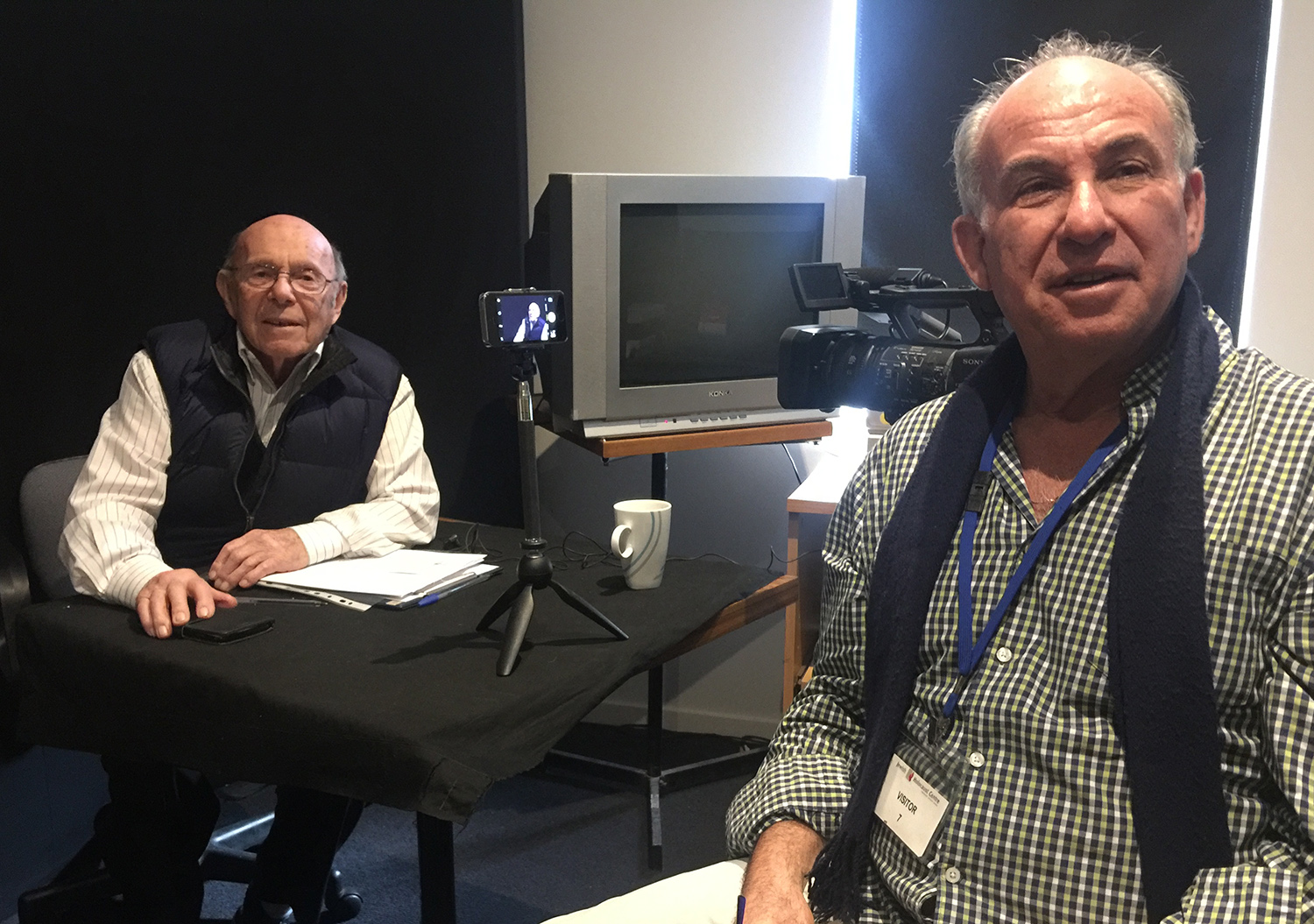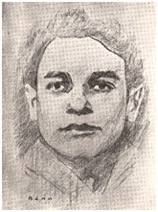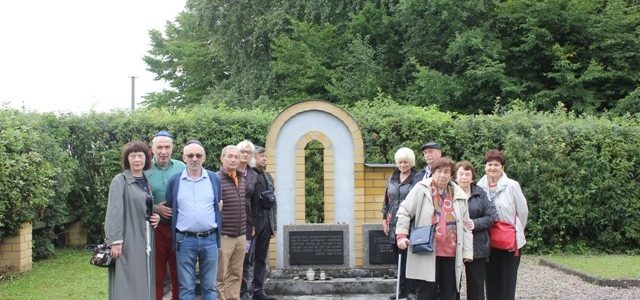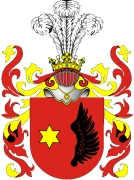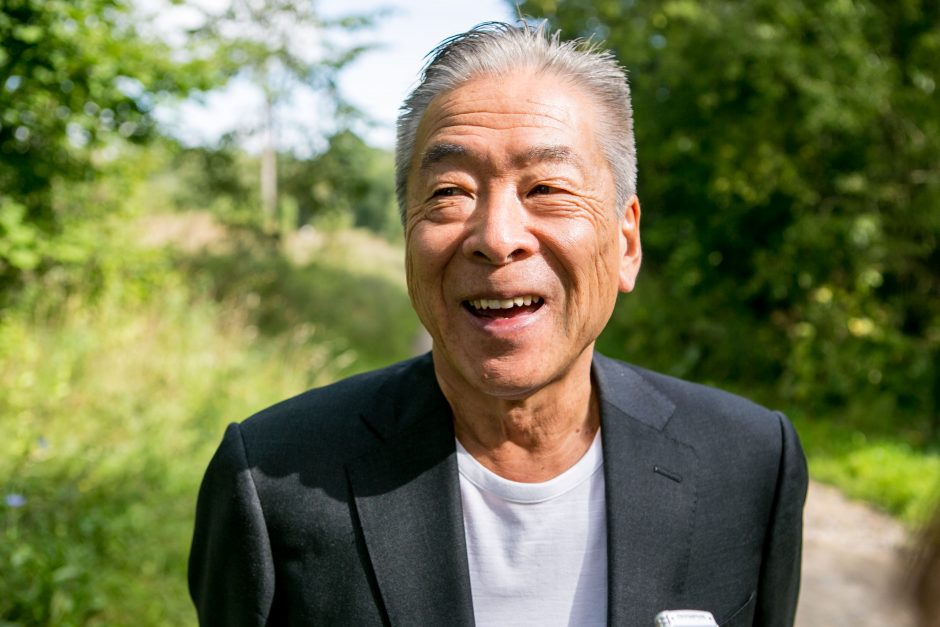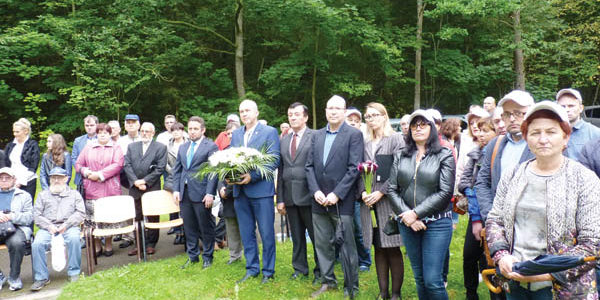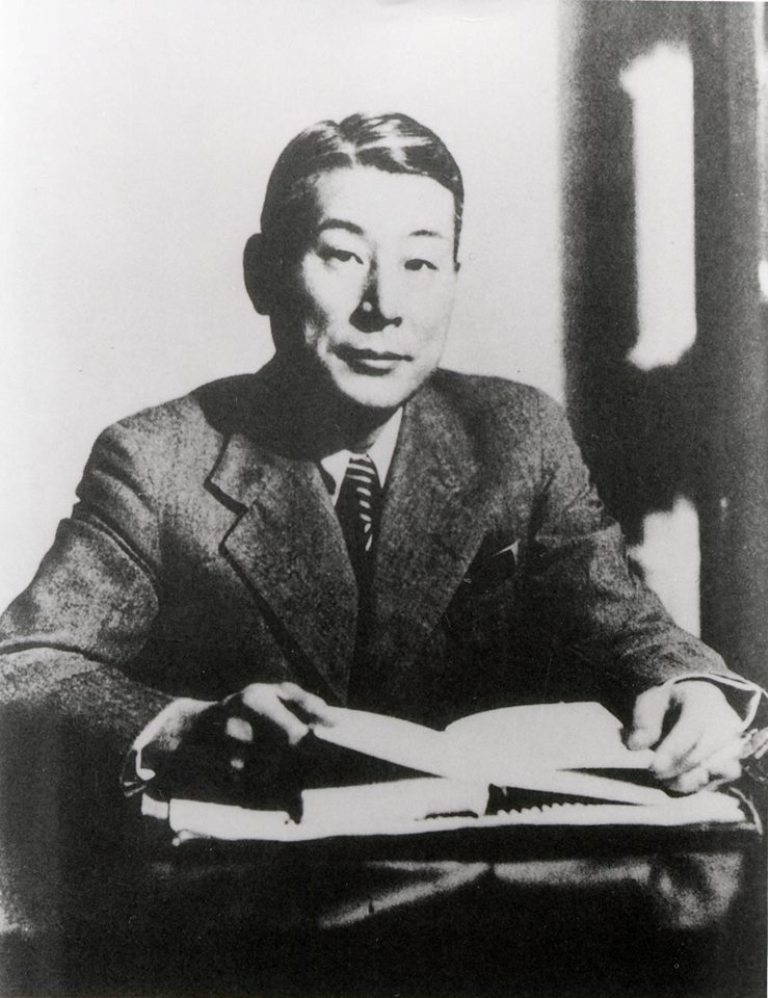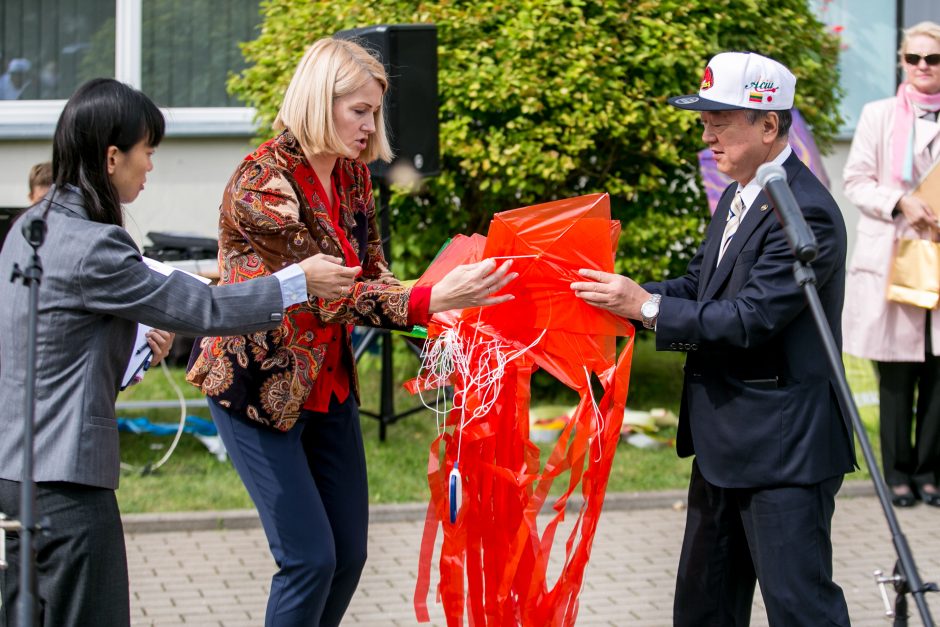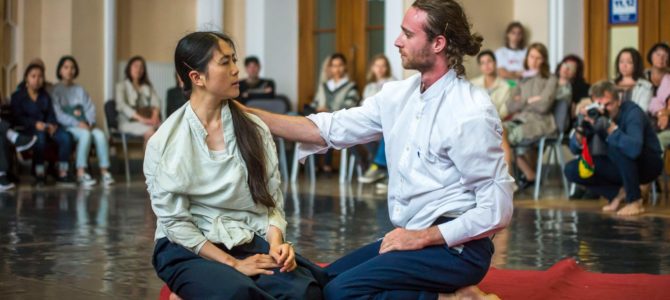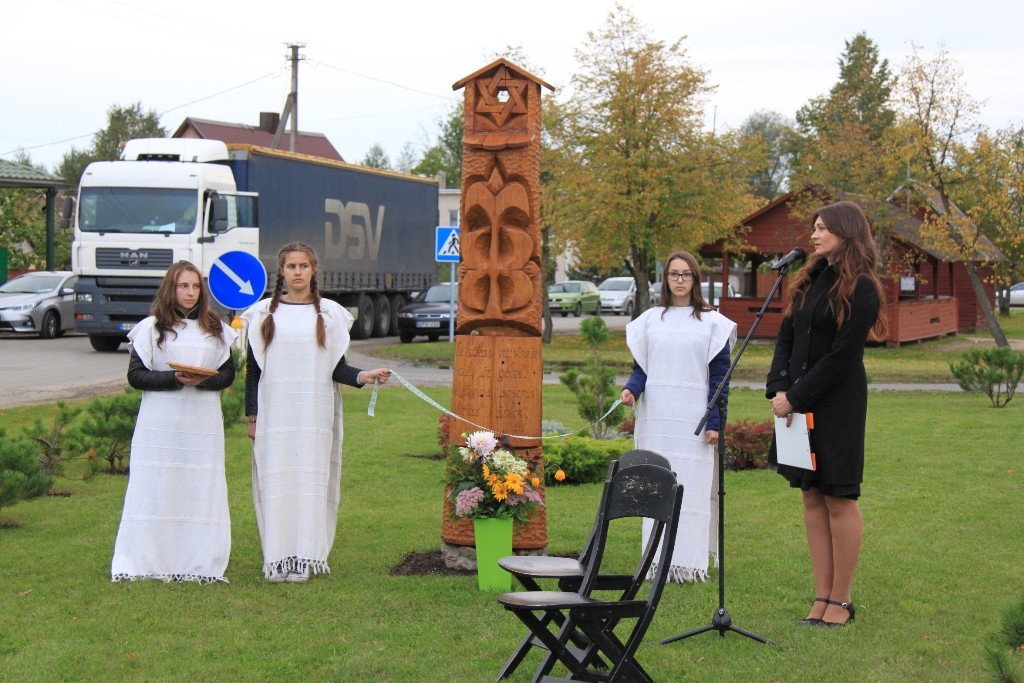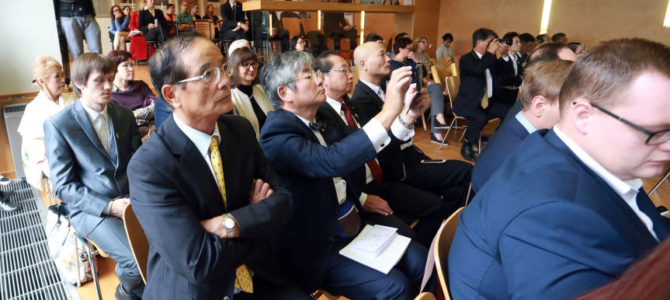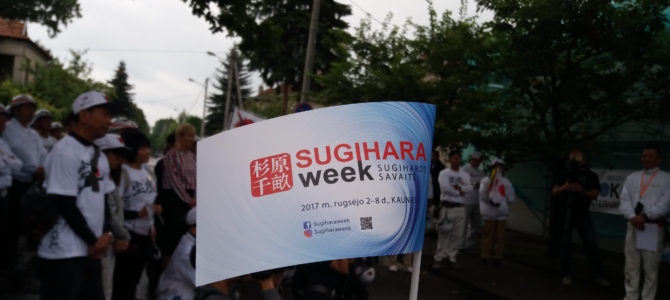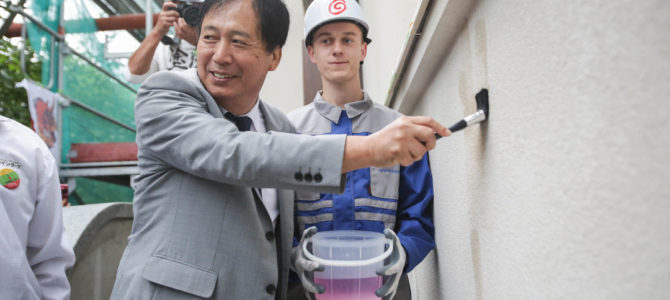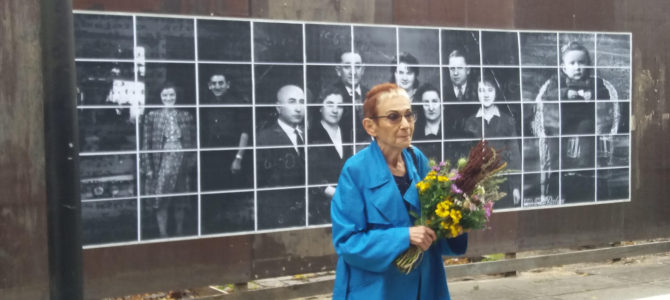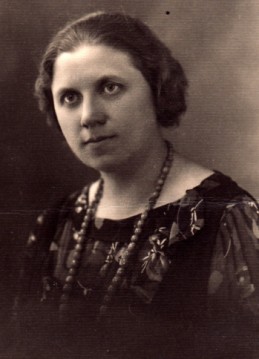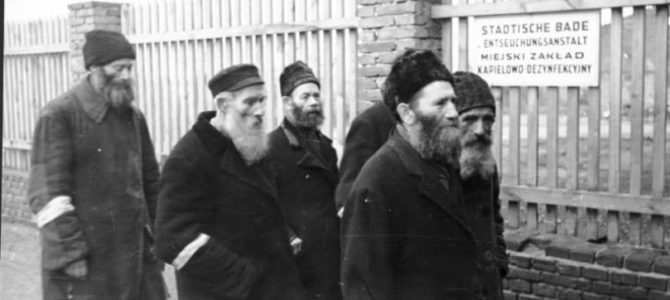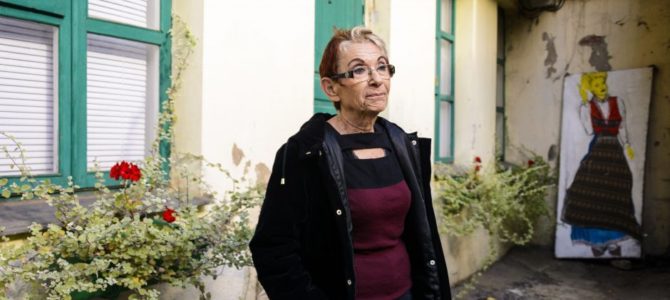
“On Sunday at three o’clock the streets of the ghetto were closed. A group of three hundred Jews from Salos and Smurgainys left for Kaunas with a large crowd of Jews from the countryside at the railroad station. Standing at the gate I saw how they packed their things. Happy and in a good mood, they got on the train. Today terrible news reached us.
“Eighty-five cars with Jews, almost 5,000 people, were not taken to Kaunas as promised; instead the train took them to Ponar where they were shot. Five-thousand new victims of brutality. The entire ghetto is upset as if struck by lightning. People are consumed by the sense of butchery… Everything is so horrible.”
These are the thoughts fifteen-year-old Yitskhok Rudashevski wrote down in Yiddish in his school notebook. The thoughts of someone mature beyond his age, or perhaps thoughts made old through violence, suffering and waiting for death… Yitskhok’s life ended here, as did those of many Vilnius ghetto inmates, in one of the pits of Ponar turned into human sacrifice sites.
Lithuanian school children and young adults have not had the opportunity so far to read Yitskhok’s diary, and the several pages included in history textbooks do not reflect the horror of the Holocaust, or the 700 years of Lithuanian Jewish history, or my people’s contribution to fortifying Lithuanian statehood. Little is said of Lithuanian collaboration in the Holocaust, and heads are bowed and statues raised not always to the true heroes of Lithuania. The Holocaust is passed on as a crippling tragedy of from one generation to the next, and from a different generation to the next as horrible guilt, at the subconscious level. The time has come to recognize the common historical memory of Jews and Lithuanians. Lithuanians and Litvaks have one shared history in which Lithuanians and Jews intertwine, and the paths of Israel and Lithuania crisscross. Zionism, or Jewish patriotism, a very strong tradition in Litvak history, saved many Jewish families from death. Am Yisrael khai. Mir zainen do!
For perhaps the first time at this event in Ponar, Jewish partisan Fania Brancovskaja will not speak. The entire Community says, Get well soon, Fania!
This reminds us of the passage of time, the worth of a human life, its fragility and transitory nature, and it encourages us to act, while we can, to keep memory alive. Only historical memory and truth will help the older generation to know, give the younger generation the chance to learn, and help build the bridge of memory between peoples and countries.


